By Kylie Cooper
For the second time in my life, I was riding a train alone. I looked around to see what my fellow passengers were up to. A woman wearing a lime green beanie was leaned over, asleep with her mouth open. Nearby, a man was flipping through the pages of a newspaper, pausing every now and then to take a sip of his drink. Why were they on the southbound train on a foggy Saturday morning at 7:30 am?
Each time the attendant shouted out the next stop, I couldn’t help but smile. Everybody else in the train carriage seemed unperturbed, some probably not even hearing the attendant over whatever was playing through their headphones. But all of the possible places to explore brought a rush of excitement for me.
The night before, I had excitedly poured over the train schedule and set my alarm for 5:30 am. It had only been three and a half weeks since I’d returned to campus for spring semester, but I was itching to go somewhere new. Campus and the city were growing tiresome.
And so, I hopped on the train and rode until I reached the last stop on the line.
Seagulls lined the waterfront near the Wilmington, Delaware train station that I ended up at.
I am a restless person. I can’t stay in one place for too long; there needs to be a change of scenery, or something new discovered. Just seven weeks after moving into a new city for college, I was gazing out of my 18th-floor window at a bridge far in the distance, wishing I was travelling to a shiny, new destination.
So, unsurprisingly, stay-at-home orders in light of the coronavirus pandemic have really sent me into a state of boredom. Most of my days are spent surrounded by the same four walls of my childhood. But now, it’s not just me experiencing this boredom—I’m joined by millions of people across the world.
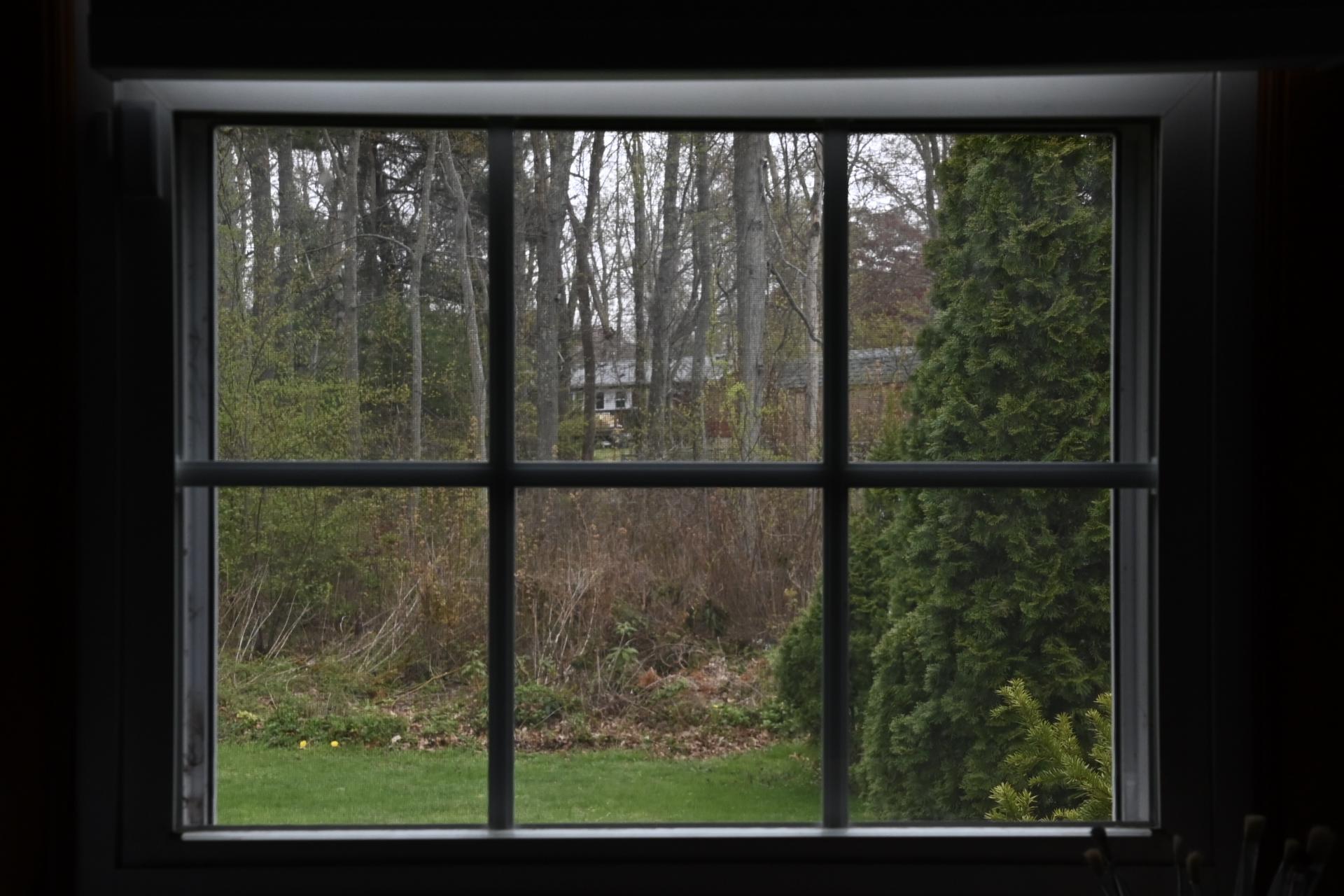
My daily view out of the window above my desk.
The type of boredom I often experience is known as searching boredom, which entails feeling unsettled about one’s current situation and imagining more preferable activities instead. There are four other types of boredom that psychologist Thomas Goetz and his colleagues have identified: indifferent, calibrating, reactive and apathetic.
Indifferent boredom is quite self-explanatory: it’s feeling generally relaxed but not stimulated by the world. A person who may want to do something else but doesn’t think about any specific activities to do experiences calibrating boredom, whereas searching boredom takes it a step further by identifying activities. Reactive boredom, on the other hand, is tied to strong negative feelings—like anger—about being in the situation. Finally, in November 2013, Goetz and his colleagues published a surprising discovery: apathetic boredom, which relates to feelings of helplessness and is similar to depression.
Some of these are likely familiar. Sitting at home for the eighth week straight and wanting to do something besides binge-watching TV shows but not knowing what. Daydreaming about a past vacation in a faraway place. Lying in bed and feeling defeated by everything that’s happened.
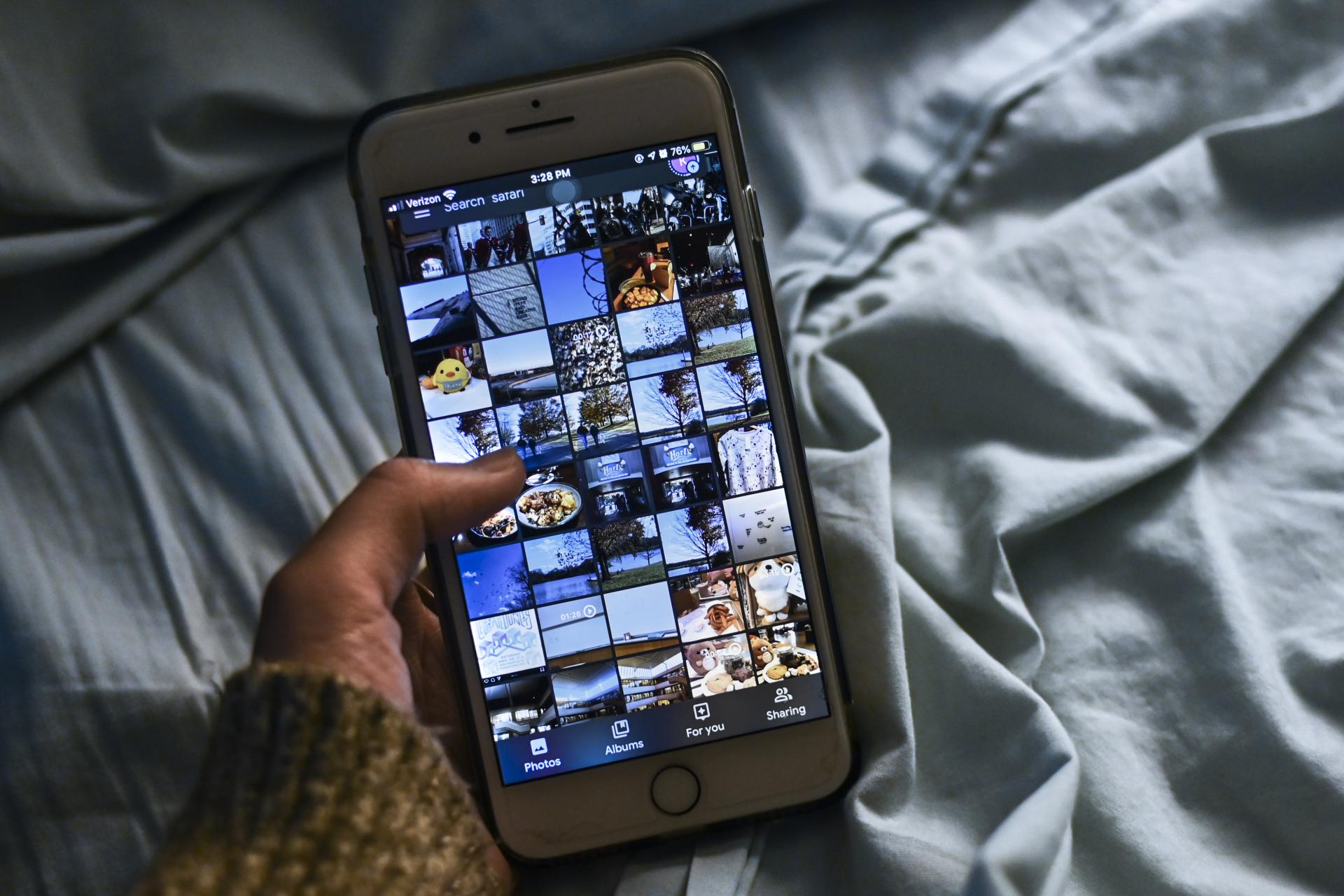
When bored, I often find myself looking at old photos.
But something positive can emerge from boredom, and that's creativity. Numerous studies have shown that when people were given tasks after doing something tedious—like reading a phonebook or watching a boring video—it resulted in more innovative ideas or responses. Giving the mind a break when bored can lead to daydreaming, which psychologists have found to be a beneficial workout for the working memory. Strengthening the working memory can in turn lead to better ability in handling multiple thoughts simultaneously.
Boredom encourages further appreciation of daily activities, too. Philosopher Andreas Elpidorou has explored how boredom can signal likes and dislikes, and lead one to focus on fulfilling and meaningful tasks.
So instead of feeling unsettled or indifferent by boredom, perhaps take it as something to be cherished. New ideas or inspiration may emerge from wandering thoughts, like learning a new skill or improving pre-existing ones. These may lead to starting an online campaign about a current issue, or reaching out to a friend that had fallen out of touch.
During this time of social distancing, many have taken to the kitchen to bake breads and cook new recipes—things that likely wouldn’t have happened without the monotony of sitting at home for a lengthy time. The streets are also lined with more walkers and cyclists as stores and parking lots sit empty.
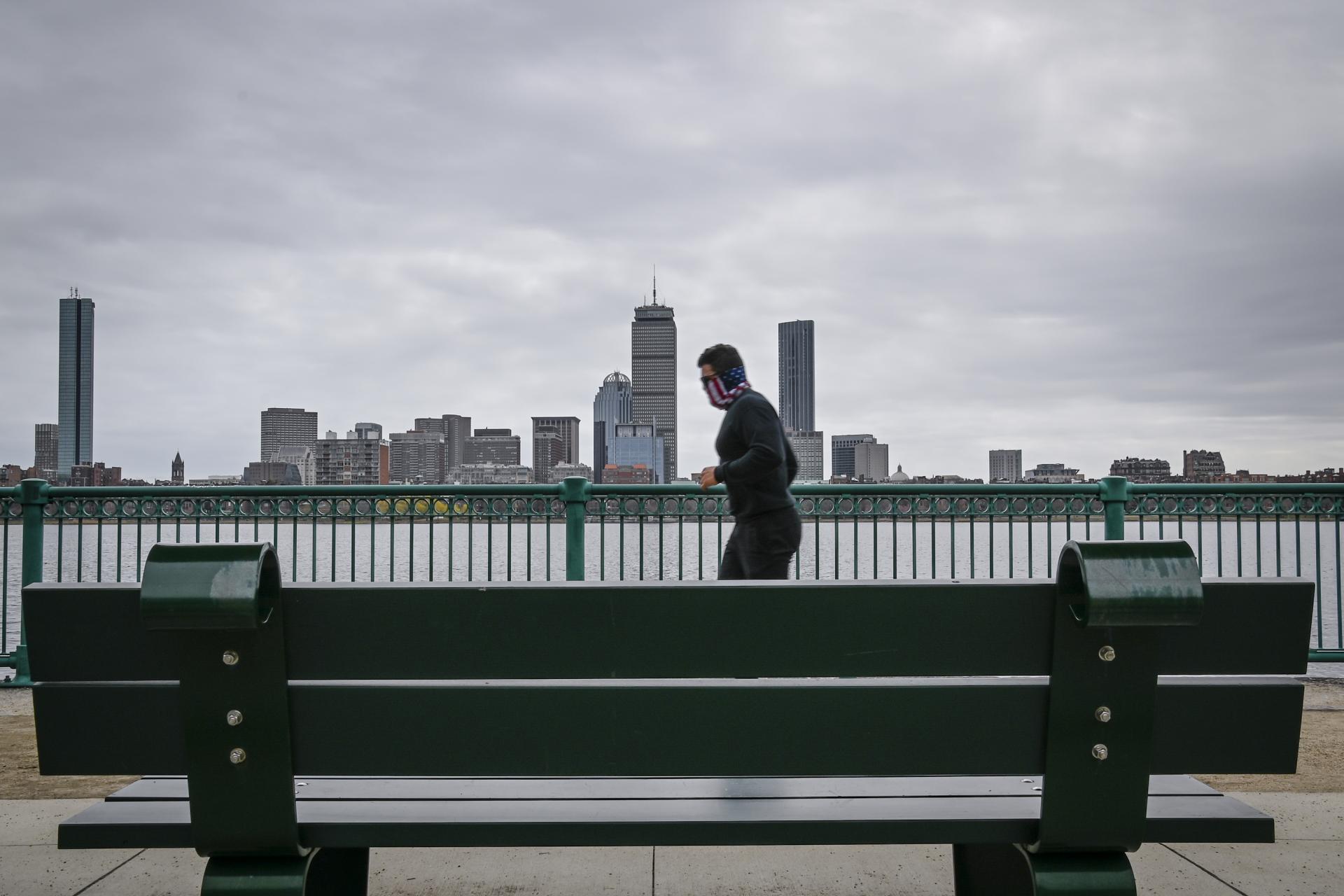
A man wearing a bandana face covering ran along the Charles River in Boston, Massachusetts.
I, for one, certainly miss heading off on a spontaneous adventure and spending time with friends. But in these present circumstances, I have taken these feelings of boredom to return to activities I'd set aside because of schoolwork—reading, journalling, and experimenting with new recipes. I also start and end each day with a walk or bike ride around my neighbourhood, and have gained a newfound appreciation for the vibrant blossoming of trees and flowers as the weather has grown warmer.
All the newfound free time the world has found itself with has undoubtedly led to boredom of all types. As far as train metaphors go, we may be in for a long ride with COVID-19. But now that we've found ourselves in the same carriage, let's use the journey to allow ourselves to be both bored and creative.
Banner image via rawpixel. All other images courtesy of Kylie Cooper.
 |
Kylie Cooper is a rising junior at the University of Pennsylvania, majoring in Communication and minoring in Journalistic Writing. She is from Westport, Massachusetts and aspires to be a travel photojournalist. Kylie enjoys exploring new places, trying new vegan recipes, and loves everything Harry Potter. She hopes to bring about social change by sharing the inspiring stories of everyday people. She can be reached at kyliec@sas.upenn.edu |




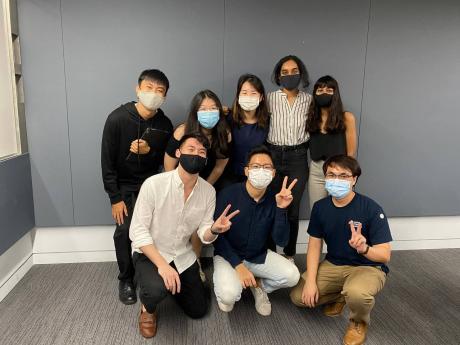
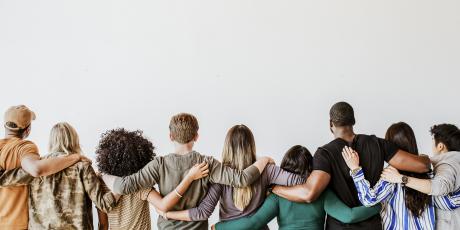

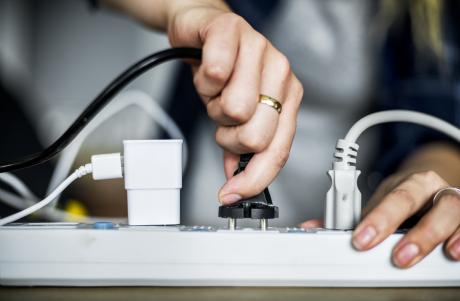
Comments